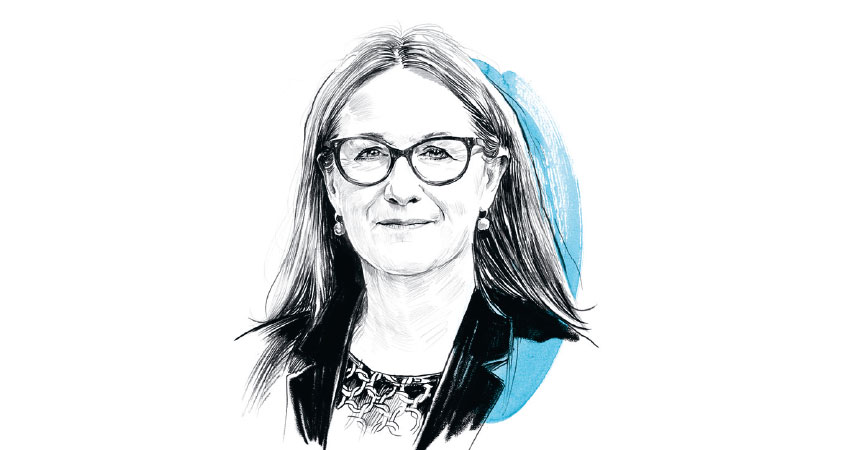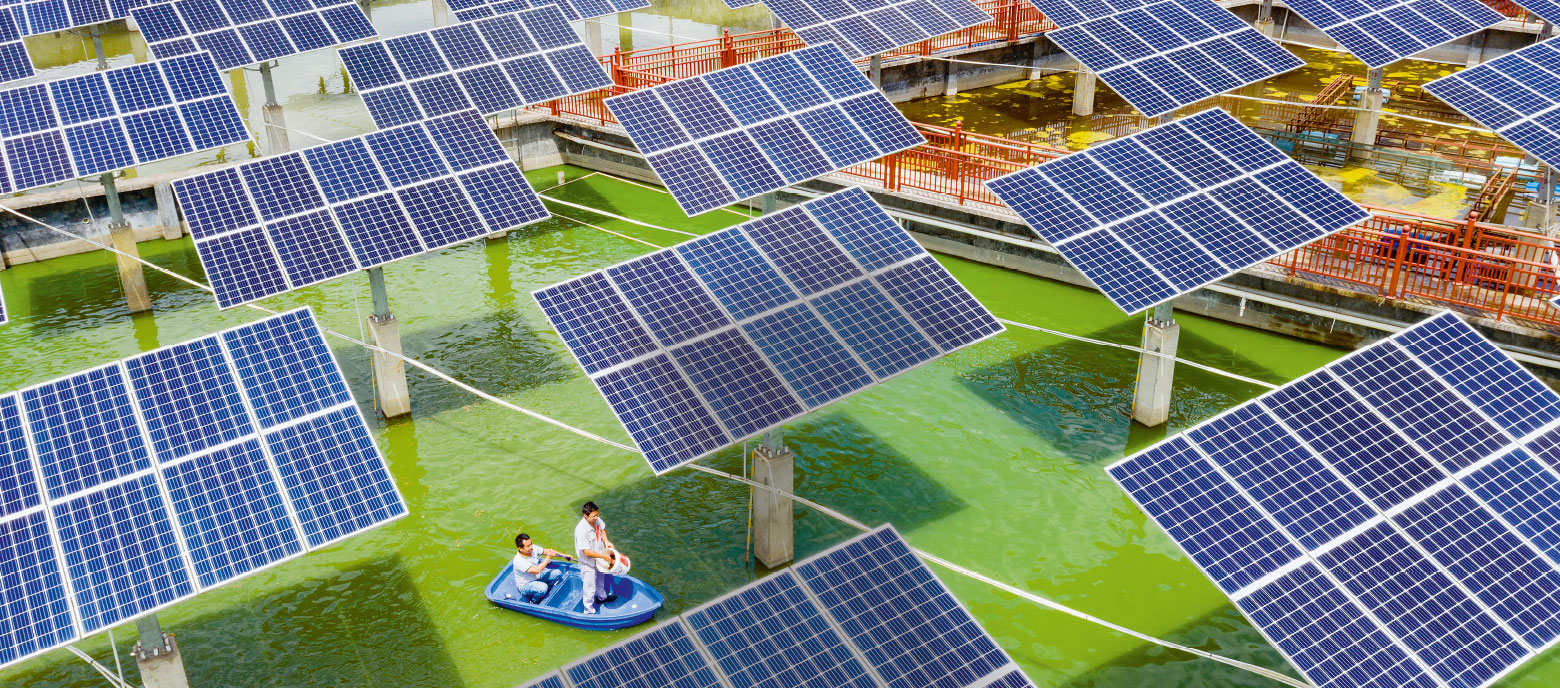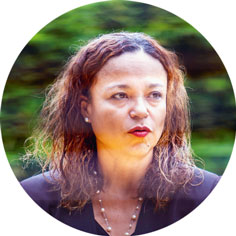Background
Drawing the right conclusions

INGRID-GABRIELA HOVEN
is a Member of the Management Board at GIZ.
ingrid-gabriela.hoven@giz.de
The coronavirus pandemic has taught us a lot. Above all, it has shown us how vulnerable we are. Another lesson we need to take on board is that we cannot go on living at nature’s expense. If we do, we will simply be cutting off our own life-support systems. We do not yet know for certain how the virus emerged, but the most likely explanation is that COVID-19 is a zoonotic disease – one that has jumped from animals to humans.
In fact, around 70 per cent of all the new pathogens we identify in humans – for example Ebola, Zika, influenza and HIV/AIDS – are zoonotic in origin. According to the World Biodiversity Council (IPBES), there are still hundreds of thousands of unidentified viruses in mammals and birds, a substantial number of which could jump from their current host species to humans. The more we destroy intact ecosystems, the greater the risk of transmission.
In our own interest, therefore, we need to draw the right conclusions from the pandemic. One of the crucial lessons is that we need much bolder action to help us build a sustainable future. The Sustainable Development Goals (SDGs), the Paris Agreement and the global biodiversity goals all point us in the right direction. In terms of our knowledge, there is nothing new about all this. What has changed is that the coronavirus crisis has reinforced the need for urgent action.
A green recovery based on the principles of social justice
On the positive side, we now have a powerful lever at our disposal in the form of huge stimulus programmes set up in nearly every country all over the world to reinvigorate our economies after the pandemic. Our challenge is to use those programmes for sustainable investment. In past emergencies – the oil crisis or the financial crisis – the main focus was on direct financial interventions in order to get the economy back up and running. Today, we can use that public money instead to drive a green recovery based on the principles of social justice. And that is precisely what we should be aiming for.
In concrete terms, that involves not only mitigating the immediate consequences of the crisis – as right and crucial as that is – but also restructuring our economies for the long term. The time has come to abandon past approaches and instead seize the opportunity created by the situation we now face to shape the inevitable transition and inject a much-needed sense of urgency and ambition. That means, for example, ramping up investment in renewables and energy efficiency, preserving and recreating woodlands, redesigning our transport systems, adopting more efficient irrigation methods, embracing nature-based solutions in the agriculture sector and building a circular economy.
A unique opportunity for a sustainable future
At GIZ, we are doing what we can to harness this unique opportunity, advising our partner countries on ways of protecting and developing economic structures that combine sustainable models of production and consumption with measures to protect the climate and the environment and deliver social justice. Without developing countries and emerging economies, all our efforts to tackle climate change and reduce our consumption of natural resources are likely to remain piecemeal. Although poorer countries usually have lower levels of per capita consumption compared with the industrialised world, they are nevertheless a vital component of any programme to build a sustainable future.
Three examples serve to illustrate what a green recovery looks like. GIZ advised Colombia on incorporating sustainable and green approaches into its national COVID Recovery Programme. As a result, the programme now includes investments in renewable energy and a scheme to plant 180 million trees. In Kenya, the pandemic all but destroyed the tourism industry. Conservation projects were on the verge of collapsing, too, since 90 per cent of this work is funded from tourism revenue. Through its support for game reserves run by local Maasai communities, GIZ has helped 100,000 people whose livelihoods depend on these areas. Together with the European Investment Bank, GIZ supports the Financing Energy for Low-carbon Investment – Cities Advisory Facility (FELICITY), which helps municipalities to access funding for green infrastructure measures. In Mexico, the city of Naucalpan used the money to set up a waste management project. Those are just three examples; the full list is much longer.
Building acceptance within societies
What is important to us is that the measures contribute to long-term environmental and climate goals while also helping to create jobs and improve people’s circumstances. That generates a double return and helps to build acceptance within populations and societies that is so important to this fundamental restructuring process. The next 10 years will be crucial in our efforts to achieve the SDGs, preserve biodiversity and tackle the climate crisis. We cannot afford to lose sight of these goals as we respond to the pandemic. The international community must pursue the ‘green’ agenda with much greater vigour. It should also look at ways of channelling more money towards those countries that have set themselves ambitious targets focused on the SDGs and a green recovery.
published in akzente 3/21
Green and fair
Essay
Greening the economy
Guest column
‘We cannot go back to the old normal’
Interview



